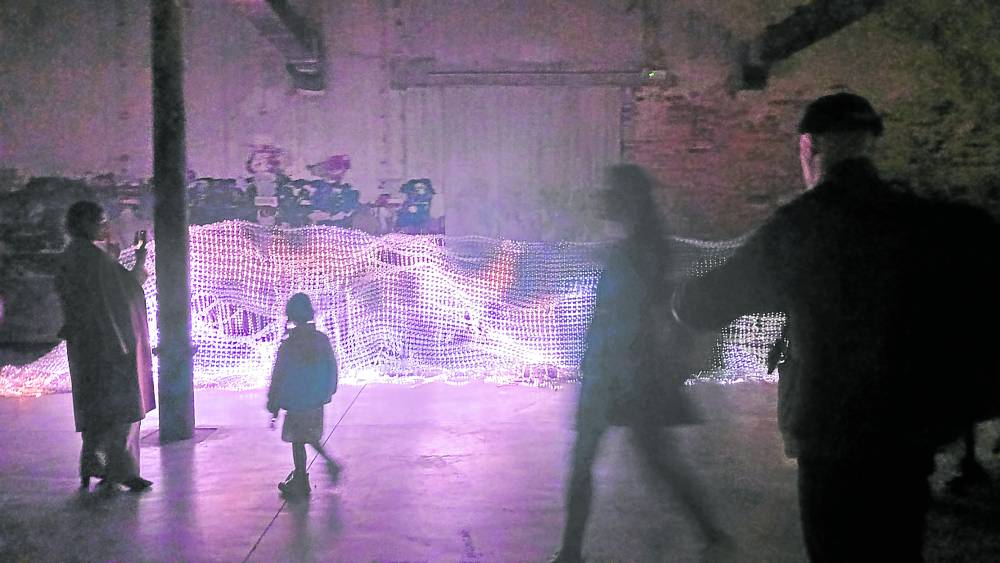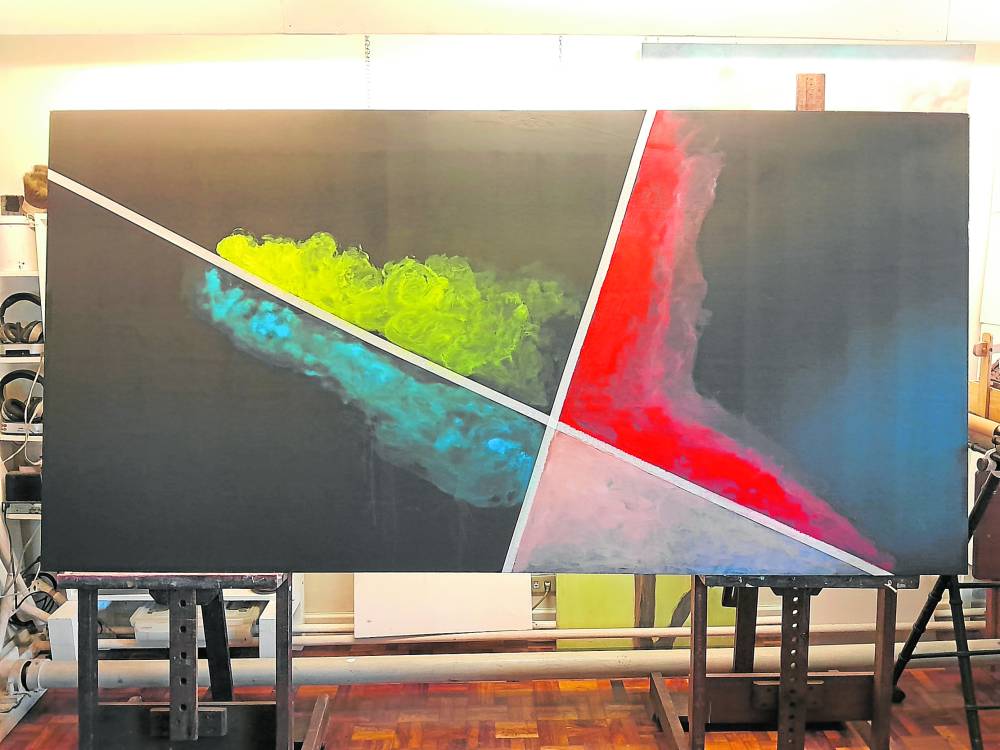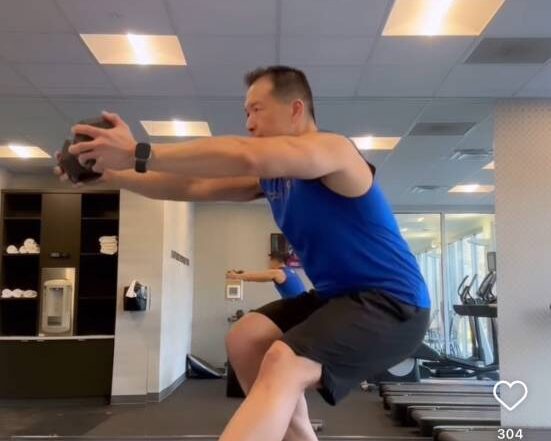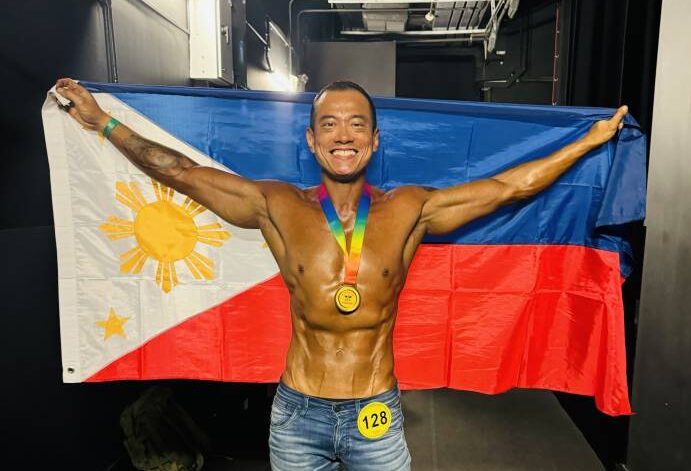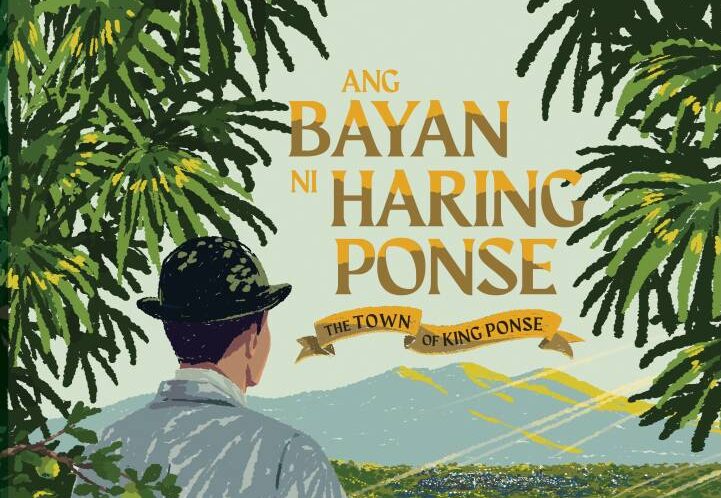
Women throughout history have faced gender-based discrimination—from being deprived of their right to vote, not being allowed to study, being banned from certain jobs, among others.
Women today are already entitled to basic human rights, but there are still instances where women face discrimination and oppression.
Take the workplace, for example. Statistics from the International Labour Organization (ILO) show that women have a harder time finding jobs compared to men. In the Philippines, the participation rate of women in the labor force is only 43.8 percent. The ILO also reports that some countries’ experience have a workforce gender gap of over 50 percent due to traditional beliefs on gender roles and the prominence of “male-breadwinner” bias in certain cultures.
“Slut-shaming” and “victim blaming” also became a trend in the 21st century, where women who have experienced sexual harassment are blamed for “dressing provocatively” rather than the men who actually committed the crime.
A study published in the Psychology of Women Quarterly in 2019 on the emergence of the #MeToo movement showed that men tend to have more empathy toward their fellow males who are being accused of sexual harassment, rather than the women who speak out as victims. The Philippine Statistics Authority reported that 17.5 percent of Filipino women ages 15-49 years old have experienced some form of physical, sexual and emotional violence from their intimate partners, and as of 2021, there have been 1,505 reported cases of acts of lasciviousness, 1,791 reported cases of rape and 8,399 reported cases of physical violence.
Pink tax
Women also have to deal with “pink tax.” A 2015 US Government study showed that 800 gender-specific products from over 100 brands found that personal care products for women are 13-percent more expensive than those that are for men. Despite this, women are paid less than men. In the Philippines, the Philippine Institute for Development Studies reported that women earn 18.4-percent less than men, citing that the gender wage gap exists even for digital or online jobs.
To quote America Ferrera in “Barbie’’ (2023), “It’s literally impossible to be a woman … You have to be thin, but not too thin. And you can never say you want to be thin … You have to answer for men’s bad behavior, which is insane, but if you point that out, you’re accused of complaining … You have to never get old, never be rude, never show off, never be selfish, never fall down, never fail, never show fear, never get out of line. It’s too hard!”
But with all the hardships that come with being a woman, also came the emergence of powerful trailblazers that paved the way to advocating for women’s rights—the likes Susan B. Anthony, Maya Angelou, Malala Yousafzai and many others. These women remind us that being a woman is not a weakness, but rather, we are more powerful than we know, and we should continue to fight for equal rights and equal treatment.
Continuing the line of empowered women throughout history who continue to raise the flag for womanhood, I asked some of the most inspiring women I know this question: “Despite the challenges that come with it, why do you love being a woman?”
“Being a woman means being part of a beautiful, strong and boundless community,” said Chelsea Tiaga, a Special Education teacher and board topnotcher for the 2023 Licensure Examinations for Teachers (Elementary Education).
While Tiaga agrees with Ferrera’s “it’s impossible to be a woman” monologue, she said that women have the ability to turn things around. “I like to believe that women have turned the ‘impossible’ into ‘I’m possible.’ With all the discrimination, we have continuously shattered barriers and challenged prejudices. We would continue to persist, carve out spaces, blossom where we are and establish our presence the way we want it—not because somebody dictates it.”
Tiaga’s empowerment is brought about by the multitude of female role models that inspired her throughout her life. “My mother, who brought me into this world, symbolizes resilience. She navigated the challenges of motherhood at 18 years old while pursuing her own dreams. She showed me that women are capable of defining their destinies,” she said.
“My grandmother was another pillar of strength. Her ability to find purpose amidst challenges taught me the importance of embracing life’s complexities with grace and courage. Through her example, I realized that women can overcome even the toughest of circumstances.”
Women supporting women
“Seeing others defy stereotypes encourages us,” said Priscilla and Sarah Cheung, sisters/artists who are known in the art community as The Owl Duo.
Priscilla majored in interior design at the University of Santo Tomas, while Sarah majored in information design at the Ateneo de Manila University. Together, they used the power of their combined creativity to produce quirky stationery, paper products and art merchandise.
“It’s a great time to be a woman,” they said. “We are now witnessing a surge in female empowerment and independence. Although prejudice may still loom, seeing other women defy stereotypes encourages us. Engaging in a community of women is a unique experience, characterized by a profound, unspoken bond.”
The Cheung sisters believe that it’s important for women to support each other: “Every woman’s journey is unique, and it’s important to acknowledge and validate each individual’s experiences and struggles. Remember that what’s truly essential is how you choose to see yourself—that your worth is not defined by society’s labels and expectations. For both of us, we embrace the freedom to become whoever we aspire to be. We hold onto hope, believing in the power of our actions and words to challenge stereotypes, for a future where every woman is truly seen, heard, and empowered.”
“Anything men can do, we can do,” said Kaela Madrunio, a graduate student at Aston University, Birmingham in the United Kingdom. She won first prize in the British Council of the Philippines’ IELTS Prize 2023, and is aiming to be the first Filipina to earn a degree in forensic linguistics there.
Pioneering women
“I love being a woman especially in our field that is dominated by women,” said Madrunio. “Despite the stereotype that it is men who solve crimes, it is of much relief that there are women who share the same passion as I do and who also love to solve crimes, using a non-violent approach.”
Madrunio’s love for forensic linguistics is inspired by her mother, Marilu Madrunio, a professor who is the pioneer of forensic linguistics in the Philippines. “I admire my mom so much, being the first linguist in the Philippines who tried to explore a field not yet known during her time. My mom truly made a mark in the Philippine linguistics community for spreading the word about forensic linguistics. As a Eurocentric field, it will certainly take time for it to be known in Southeast Asia, yet she paved the way for this field to be recognized in the country.”
“I love being a woman, because women are not afraid to be themselves,” said Anjelika “Lyka” Satorre, a passionate volunteer who served as vice president for public relations of Aiesec in the Philippines, and is a Samsung Galaxy campus ambassador. “We are confident that we can become our genuine selves despite the numerous challenges we face in society today. We are not limited by the labels given to us as we constantly evolve and grow into our best selves. ‘Hindi ka babae lang, babae ka.’”
Satorre said that we should remember the women in history who paved the way for women’s rights and continue their legacy: “We must not just thank the women before us who fearlessly fought for our rights. It is up to us to keep that fight going. Let’s stand together and continuously support our sisters in every endeavor they have and create an inclusive and safe space within our community; only then will it transcend to everyone.”
Women love being who they are. Being a woman means coming from a long line of resilient and powerful predecessors who valiantly fought for girls to have a seat at the table.
Whether you are born a woman or you identify as one, know that you are not alone in these challenges, and there is a sisterhood that is willing to stand behind you through it all. Being a woman is a superpower. —CONTRIBUTED











